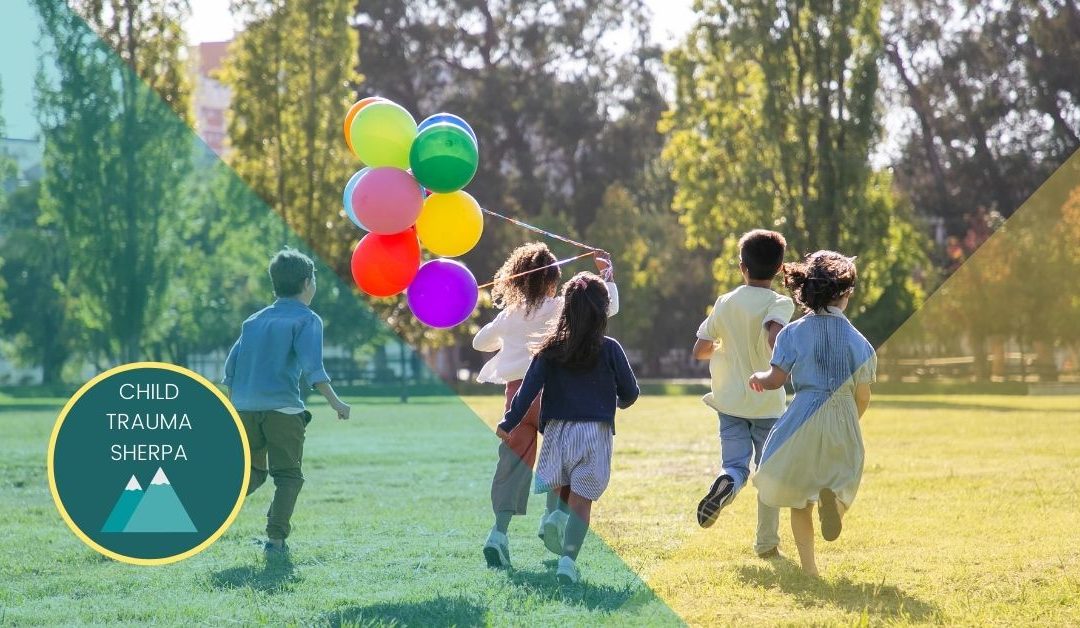And How to Help Your Child Heal from Complex Trauma
Each child with trauma has had their own unique experiences that make their trauma and circumstances different from others with trauma. The number of traumatic events they have experienced varies and the severity of those experiences also varies.
What is Complex Childhood Trauma?
To understand complex childhood trauma, you first need to understand the basics of childhood trauma. There are three different types, or categories, of trauma. The three main categories of trauma are:
- Abuse (physical, emotional, sexual)
- Neglect
- Household Dysfunction
There are a few other types of trauma, such as natural disasters, refugee trauma, and medical trauma, among others. To learn more about the types of childhood trauma, check out this article.
When a child has been exposed to multiple severe and pervasive traumatic events or experiences, this is complex childhood trauma. These severe events include profound abuse, neglect, or ongoing exposure to violence, typically involving a primary caregiver.
The Effects of Complex Childhood Trauma
Childhood trauma is an actual brain injury, altering the way the brain works and disrupting physical, emotional and mental development. In particular, children with complex trauma exhibit symptoms such as lack of attention, hyperactivity, defiance, aggression, anxiety, depression, and learning difficulties. They also have difficulty forming and maintaining relationships.
Children with complex trauma are more likely to adopt risky behaviors as a form of coping with the trauma or reacting to triggers. These include eating disorders, smoking, substance abuse, self-harm, sexual promiscuity and violence. Children with complex trauma often have low self-esteem and self-worth as a result of the trauma they have experienced, feeling as if they are unworthy of love.
If healing does not happen during childhood, the effects of complex childhood trauma can linger into adulthood. Adults with unresolved complex trauma are more likely to experience traumatic stress and chronic health issues such as heart disease, substance abuse, suicide ideation and more. The inability to form healthy relationships also continues into adulthood.
Treating Complex Childhood Trauma
A number of treatments are designed to specifically address complex trauma. These treatments all prioritize stability and safety while putting a strong emphasis on relationships, using the strength of family to help recovery.
There are other treatments that were not specifically designed to treat complex trauma that have also been shown to work. These treatments include child-parent psychotherapy, parent-child interaction therapy, eye movement desensitization and reprocessing (EMDR), and trauma-focused cognitive behavioral therapy (CBT).
Each child is different and parents should work with their child’s care team to find the therapy that works best for them. No matter the treatment, it should respect and prioritize patient choice and maximize collaboration. Children should be guided, helping them learn healthy coping mechanisms and techniques to self-regulate during triggers that can deregulate them.
Remember, human beings are resilient, especially children and teens. It is possible to heal from trauma, even the most severe and prolonged traumas. But understand that it is your child who is the hero of their own story, not you. If you give your child unconditional love and patience while guiding them through the healing process, you’ll begin to see remarkable improvement.


